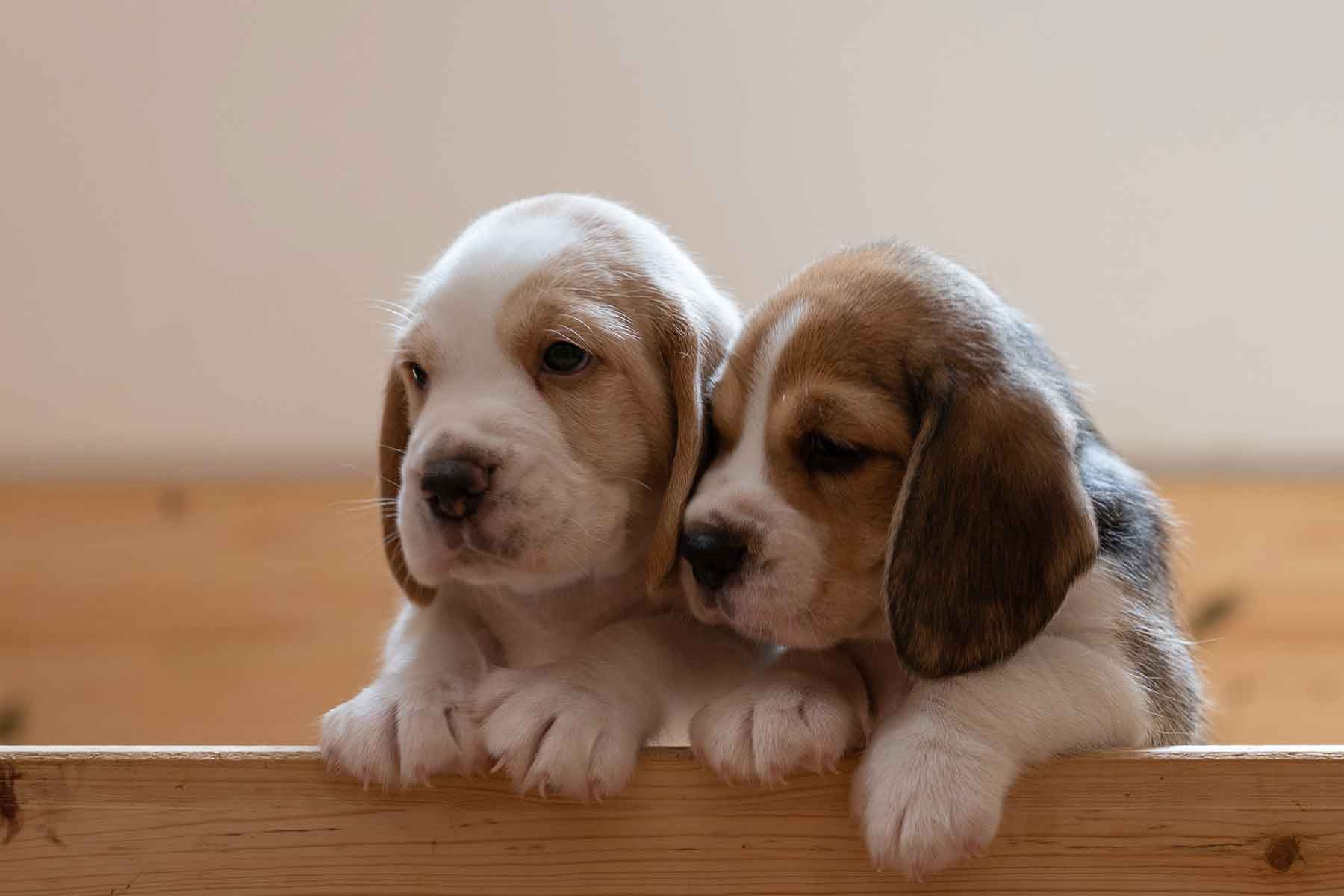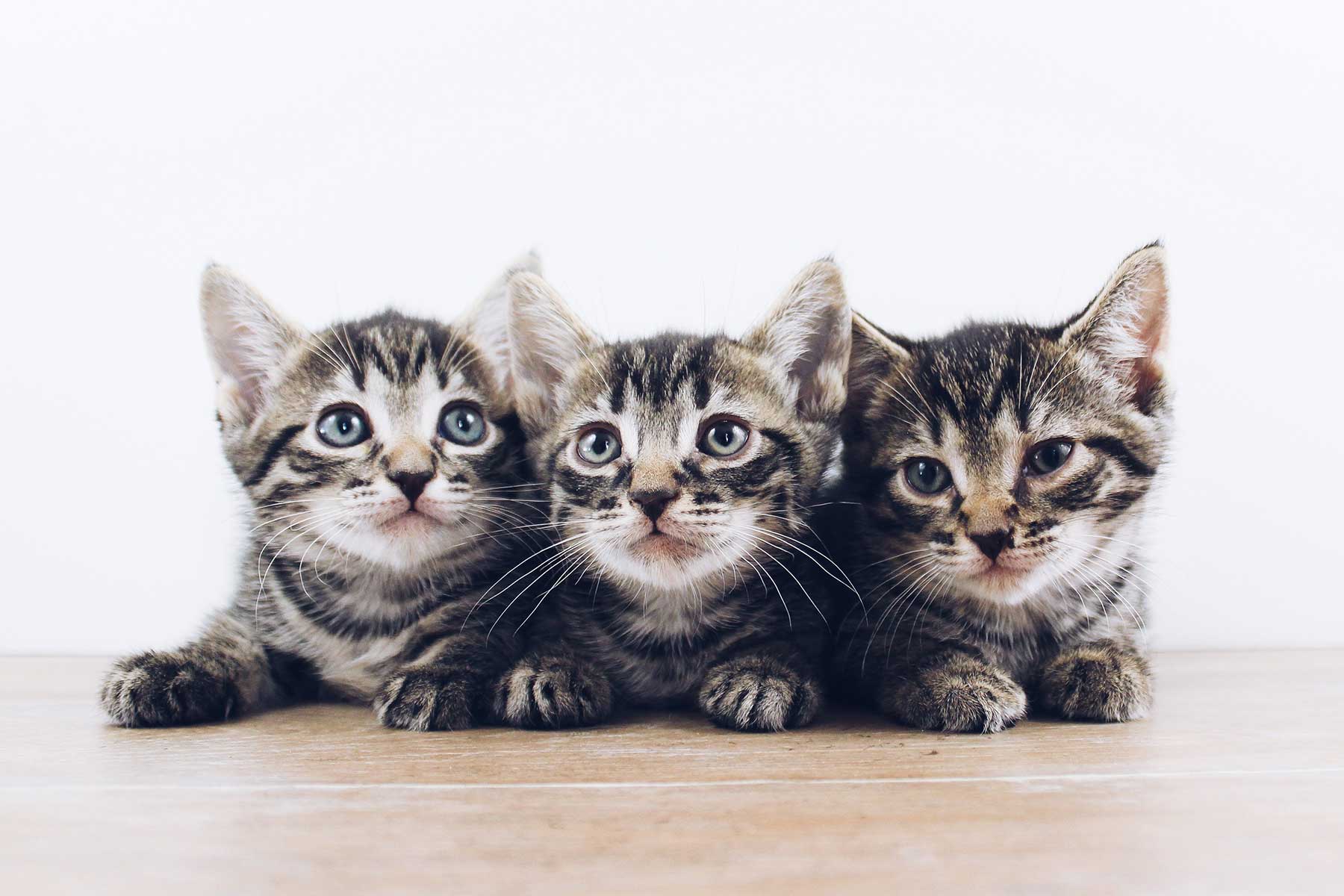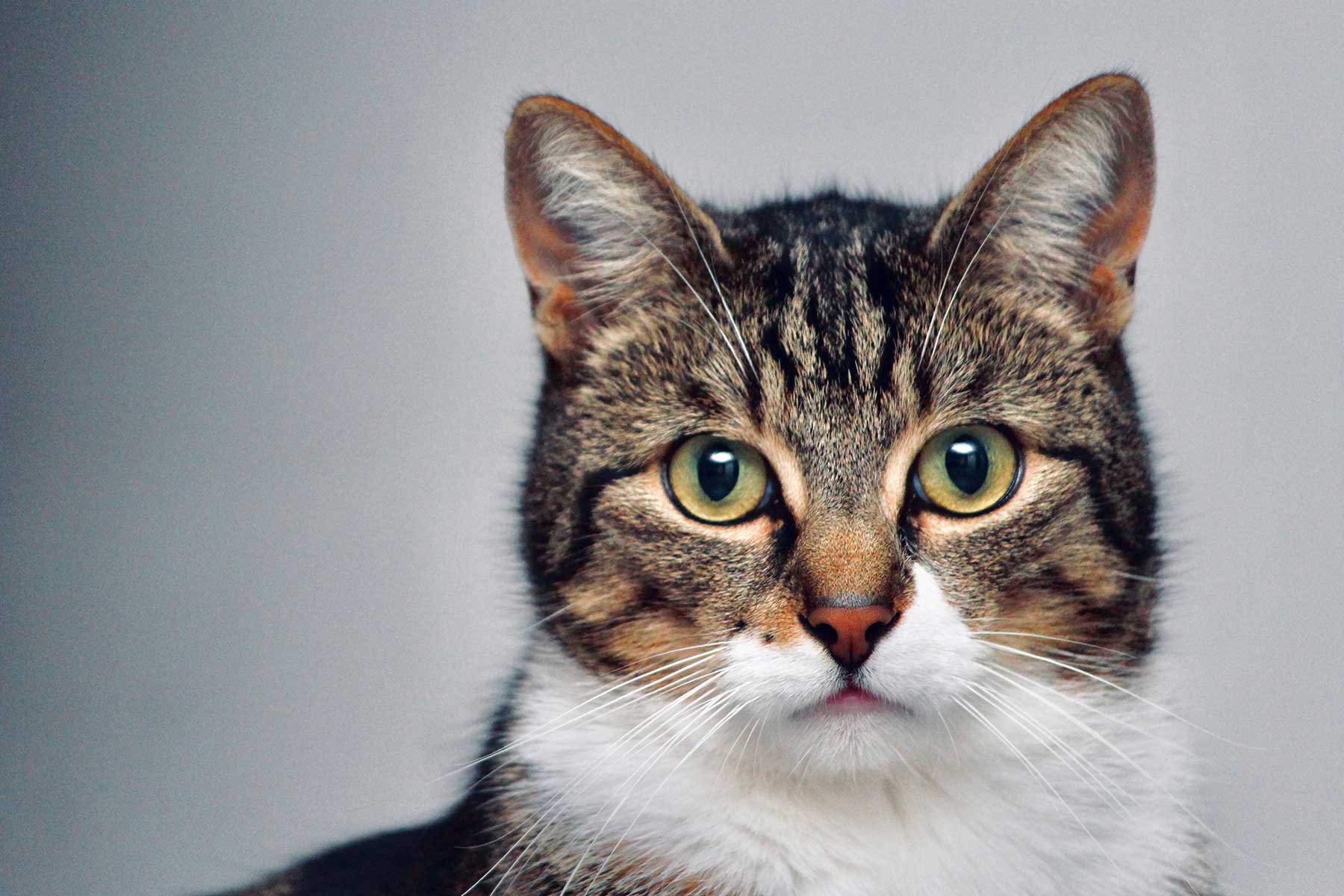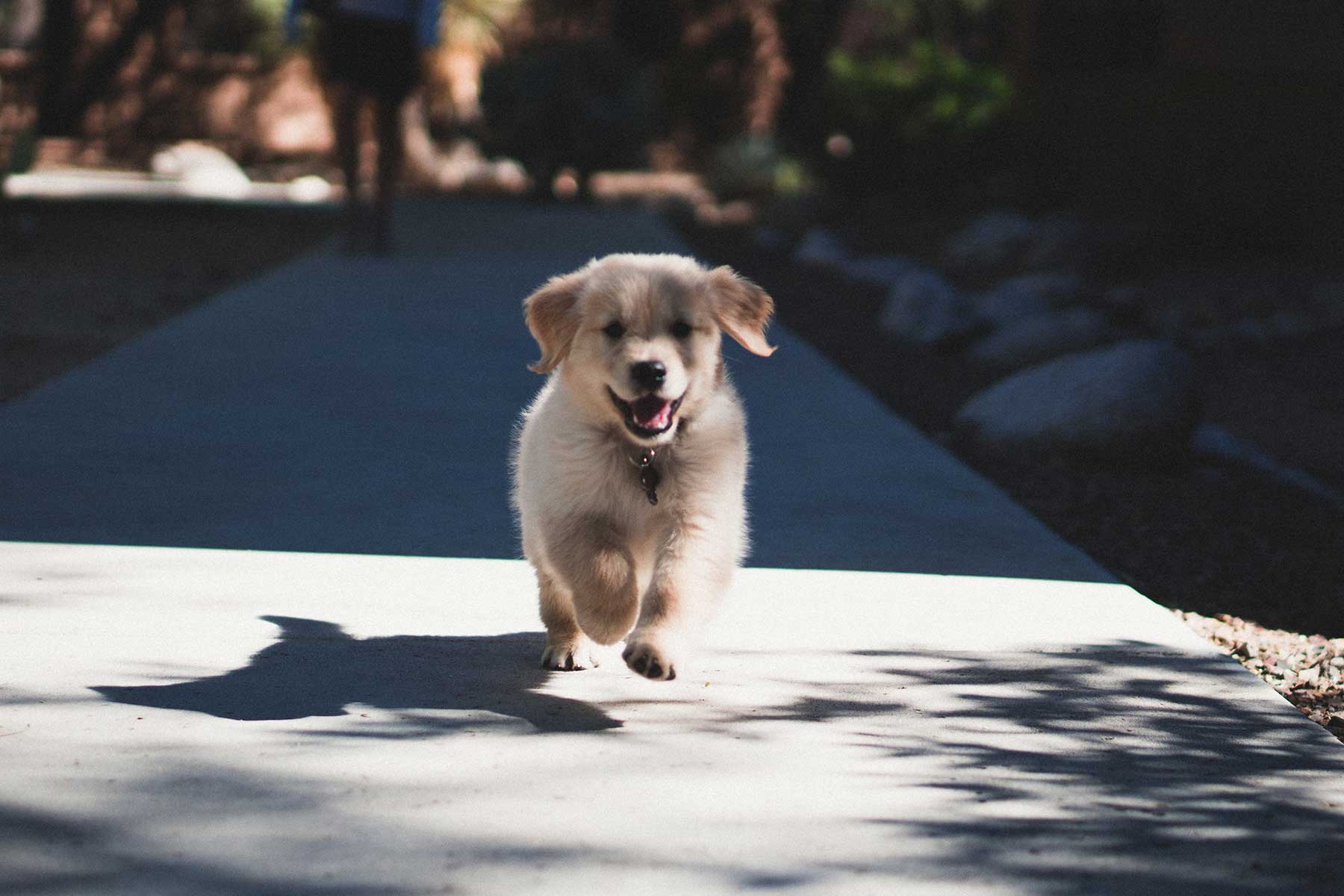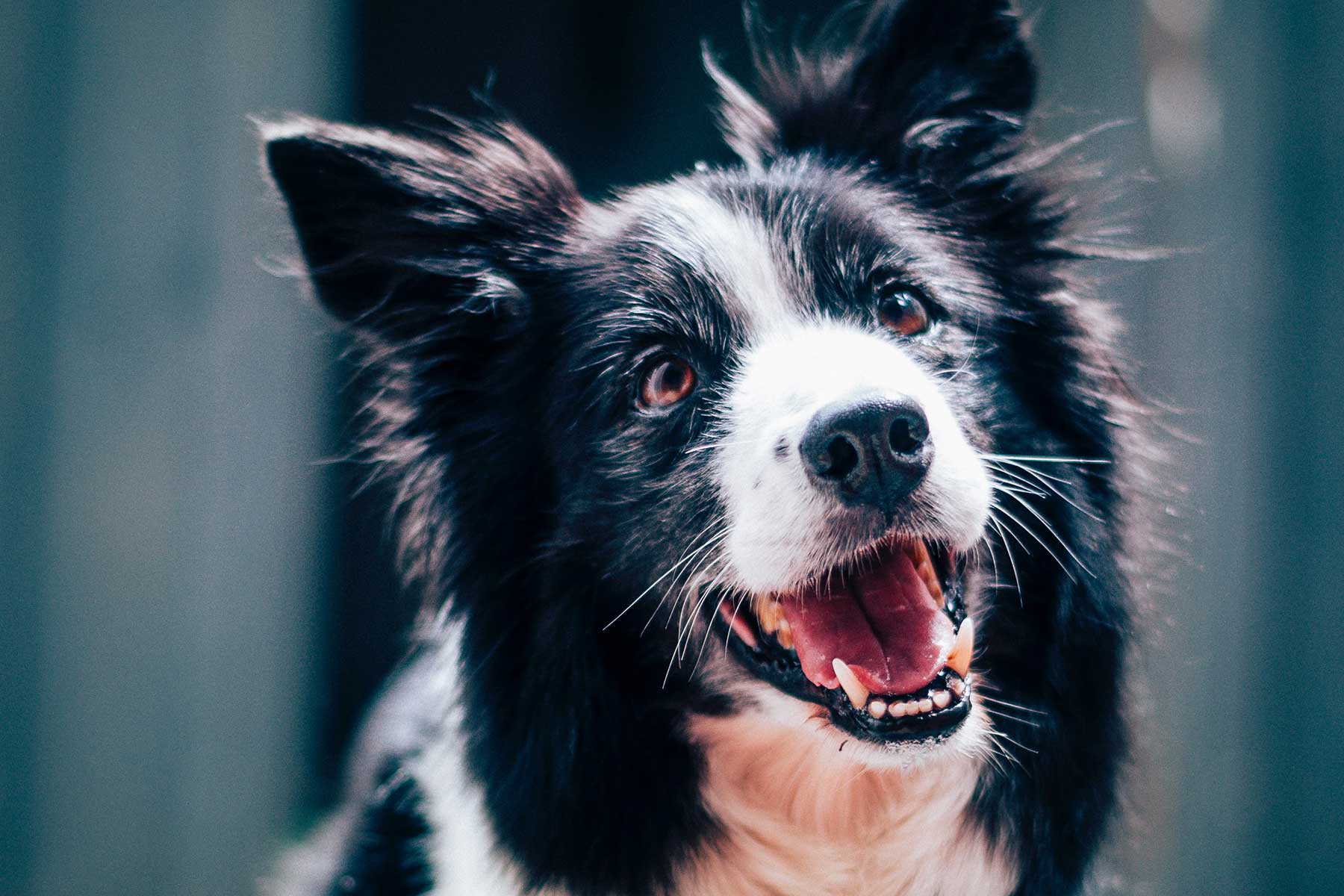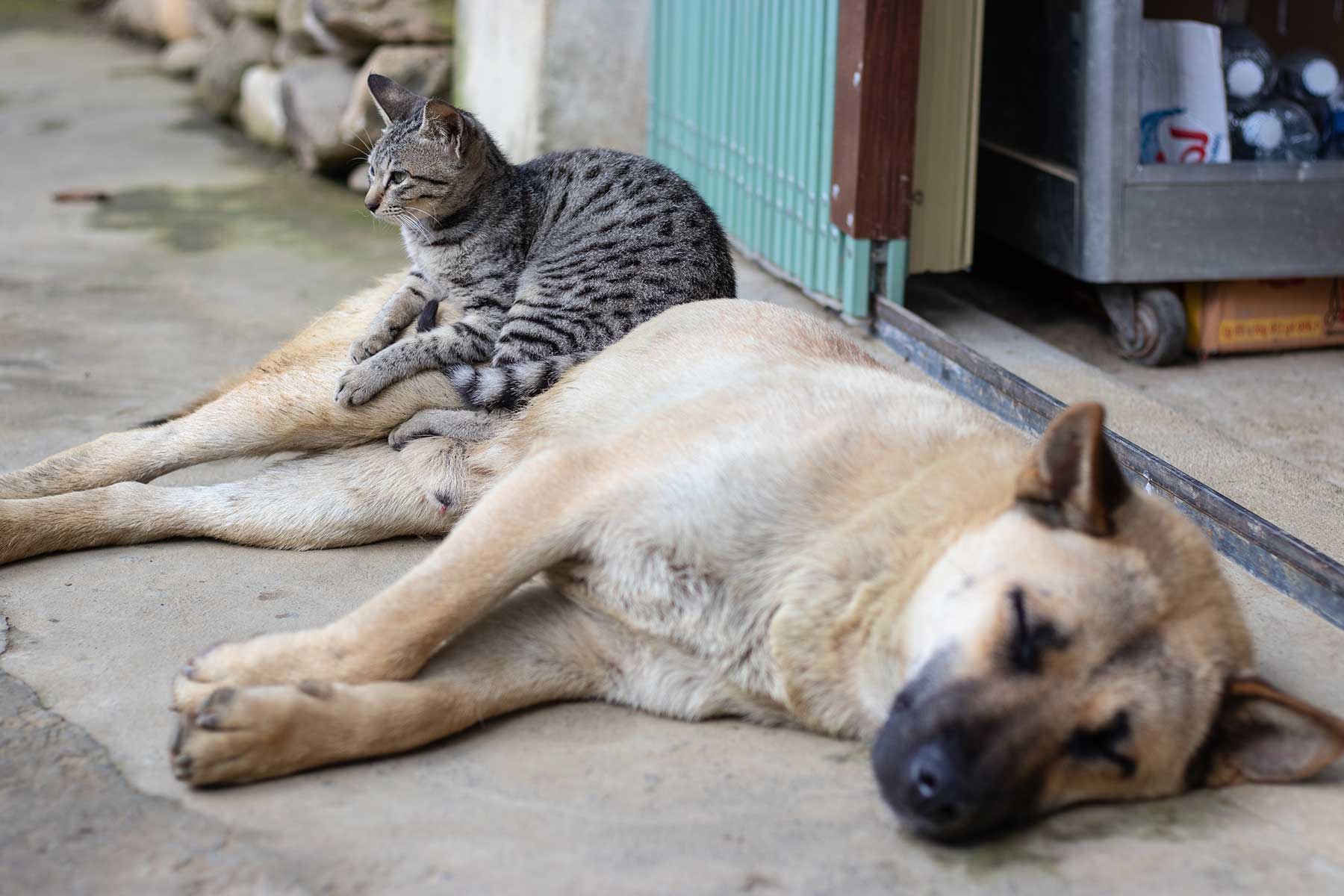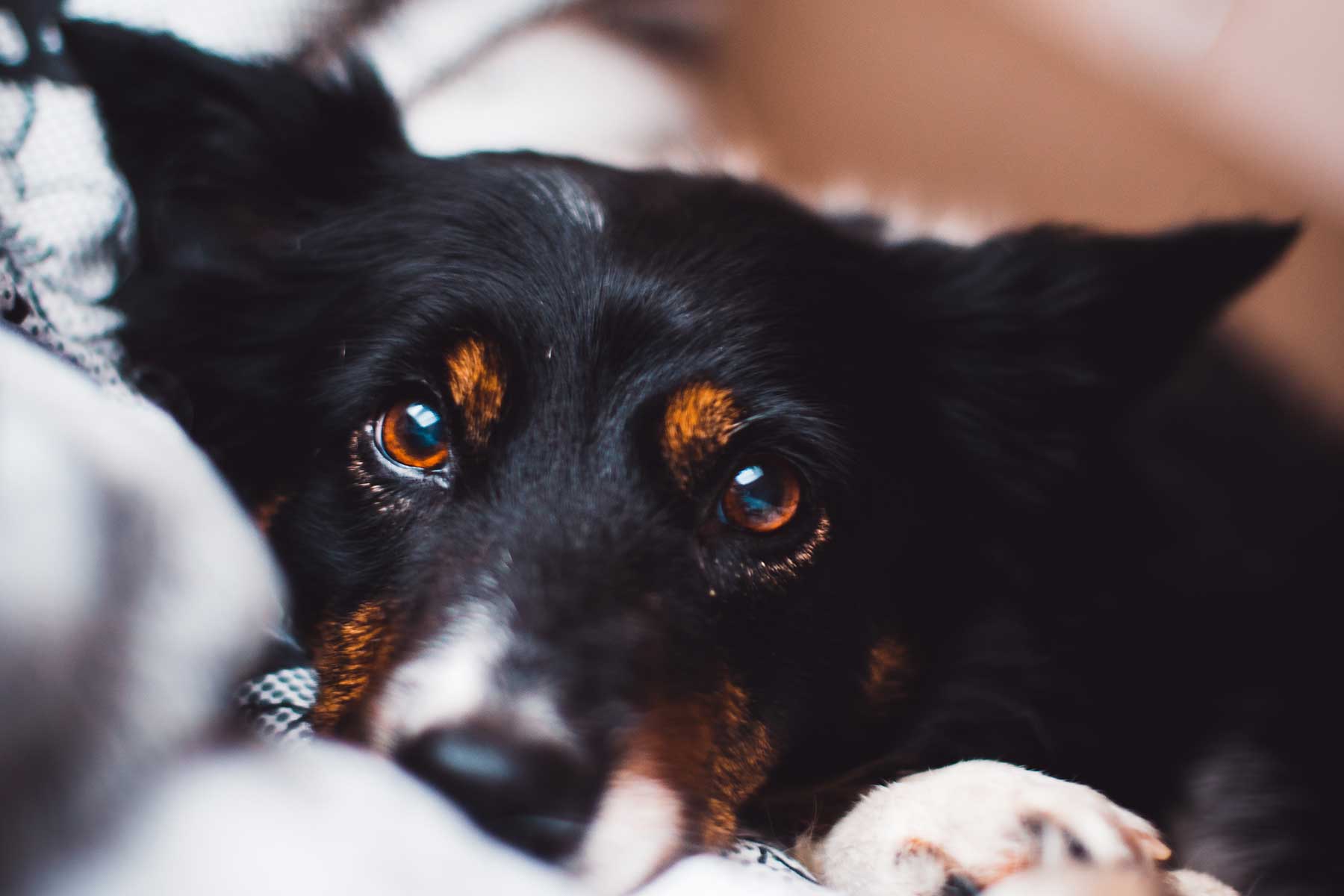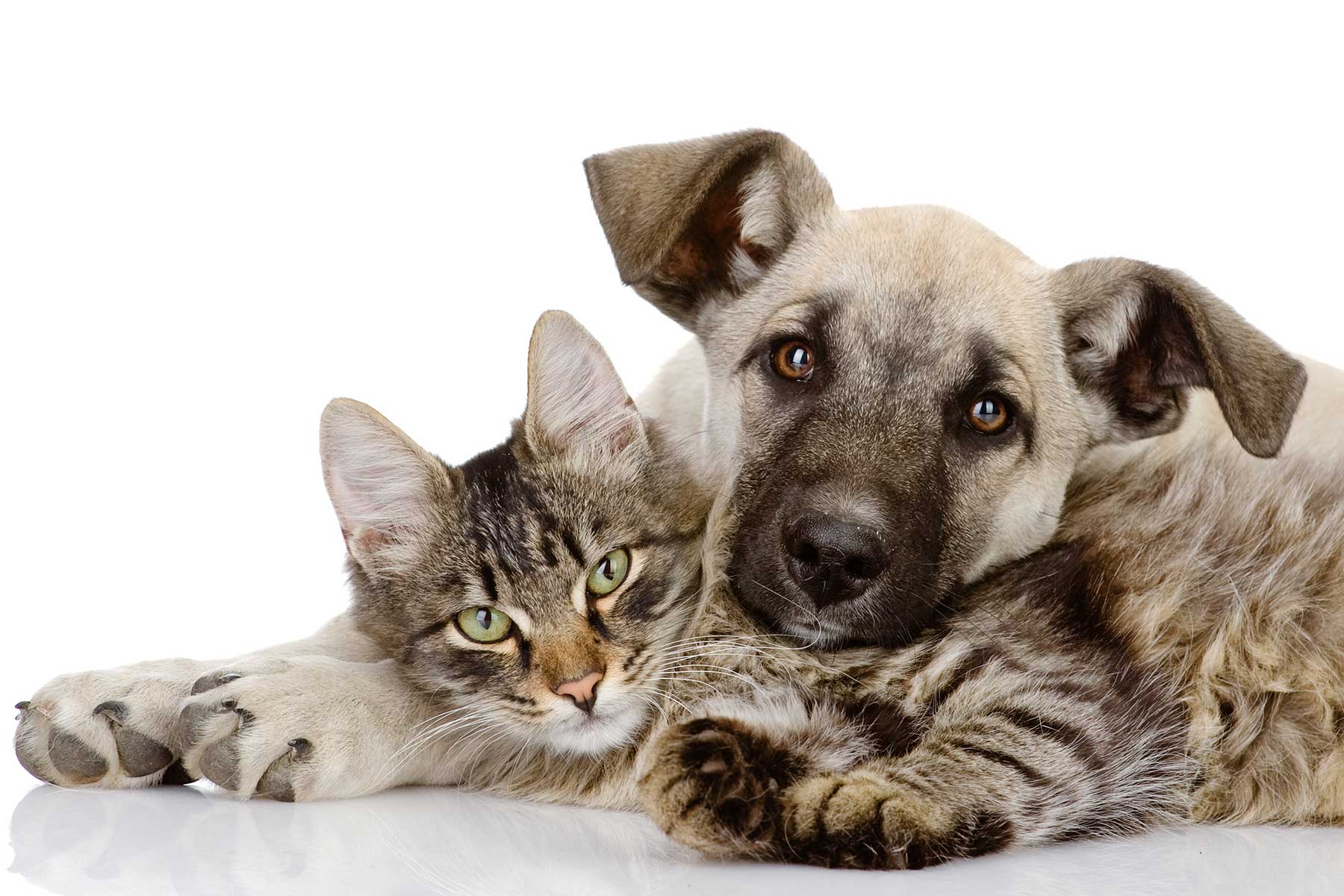Your new companion is at a very impressionable age. Learning and exposure to new experiences now will shape your pet’s behaviour for life. Setting clear rules and boundaries from day one is important. Start thinking now, how you would like your dog to behave when he/she is fully grown. Your puppy needs you to teach him/her the rules of living in our human world. The best teacher is one that is kind, patient and makes learning fun. Here’s some information to get you started.
A Dog’s World: Understanding How Dogs Think
By now you are on your way to establishing a wonderful and rewarding relationship with your new family member (a dog!). Understanding what makes your dog (not a human!) tick is the best start you can make.
From the minute your dog entered this world, he/she was concerned with two things, what is safe and what is dangerous. Dogs don’t know the difference between right and wrong until they learn, and they certainly do not act as a result of ‘human emotions’ such as jealousy.
Dog Training with a Family Approach
In any home, it is important that everyone handles your puppy with the same consistency and responsibility. During your puppy’s rapid learning period and continuing throughout their adult life, everyone should have the same consistent approach to your puppies training (e.g. commands), their routine (e.g. feeding and toilet times) and the house rules (e.g. sitting on the couch).
How Dogs Learn
Dogs learn from experience, both good and bad. When good experiences happen a dog is more likely to repeat that behaviour. That’s why we favour rewards based training.
Reward Based Training
Reward based training is a method of training which is based on the proven theory that if an animal is rewarded for a behaviour, the behaviour is more likely to be repeated.
What is a Reward?
What your puppy perceives as a reward. Rewards may be food, toys, praise, attention, play and life rewards privileges you would give your pup throughout the normal course of the day, eg. walks, meals, cuddles, pats, attention, even eye contact.
We recommend using food as a reward because for most puppies, it has much greater value than praise or patting. Training with food is usually more powerful and faster than praise or patting alone. (Of course you should still use verbal and physical praise along with food, as the frequency of the food rewards must be greatly reduced once the behaviour is learnt). You being the source of food increase your status and leadership in your pup’s eyes.
Find out how to teach your dog to “sit”, “stay” and “come” with rewards based training here.
10 Tips for Training Your Dog
The training process should start from day one. Here are some great tips to get you started:
- Food rewards need to be very small in size and should be varied. If you are always using the same food your pup may become bored and easily distracted.
- Remember learning and training is happening at every interaction you have with your pup.
- Never attempt to teach your pup new commands when you are feeling stressed, tired or sick. Training should always be about having fun!
- Do not say your verbal command repeatedly, eg. “sit, sit, sit ……. Your puppy is not deaf, by repeating the command you are encouraging the pup to switch off and ignore you.
- There is no need to raise your voice when giving commands, dogs have a great sense of hearing and don’t need to be yelled at.
- Always be patient when your puppy is learning something new. Think about how long it takes you to learn something new.
- Whenever your puppy is engaging in a behaviour you like, remember to reward him/her.
- Try to allow puppy to spend some quiet time on his own during the day while you are at home. If you can teach your pup it is ok for him to be alone you will help avoid problem behaviours such as separation anxiety and destructiveness when you are not home.
- Always aim for success! Do not put yourself or your puppy in a position where he can fail. Remember to make it easy for him to get it right!
- Once you are confident a good behaviour is learnt it is extremely important to start phasing out food rewards and rely more heavily on your voice and pats as rewards. Occasional food treats can still be given as rewards for these good behaviours, just make them intermittent so your dog will work even harder for them.
Why You Shouldn’t Use Punishment to Train Your Dog
We actively discourage puppy punishment. Dogs that are punished by their owners usually view people as slightly unpredictable. Your dog needs to be able to trust you. Dogs that have a good relationship with their owners based on trust will feel comfortable and secure in their world.
Most punishments are given to dogs for breaking rules that the dog didn’t even know existed. Harsh punishment often leads to undesirable behavior such as fear and defensive aggression.
Puppy Preschool and Dog Training
Our local trainers can give you the tools to train your puppy or dog effectively and give them the best start in life:
- Puppy Preschool – for puppies aged between 8 and 15 weeks
- Dog Training – for dogs aged 13 weeks and older (we recommend RSPCA Dog Training)
Not only will your dog be able to learn the basics of good behaviour but it also gives them the opportunity to develop valuable socialisation skills with other dogs. Find out if your local clinic is offering Puppy Preschool near you.

